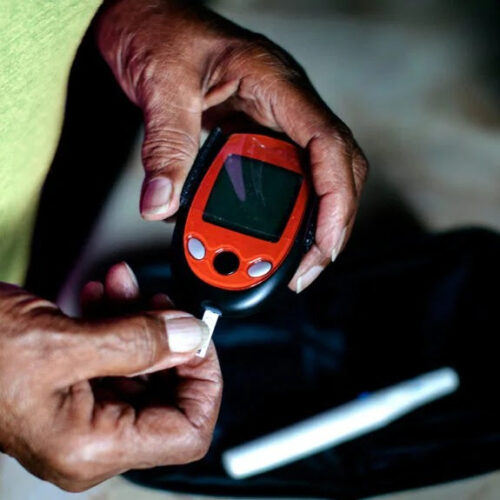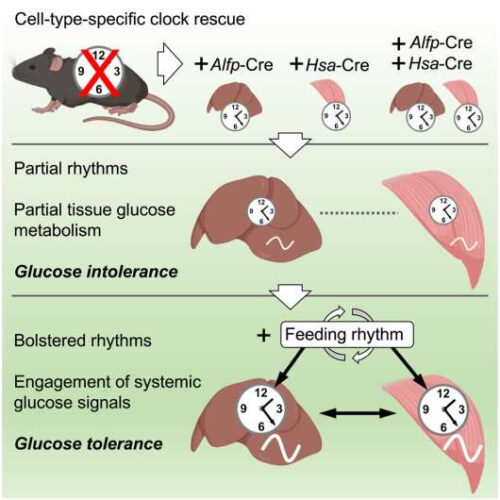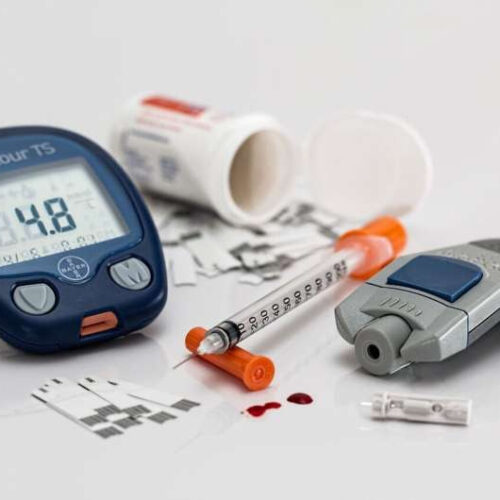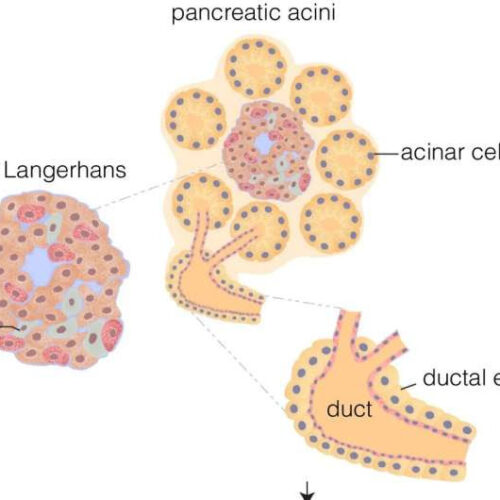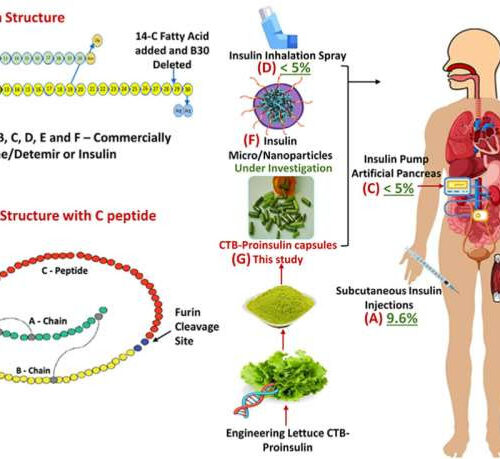Type 2 diabetes is a chronic and progressive condition. Over time, people may need to adjust their treatment plan to manage this progression, such as introducing lifestyle changes and taking prescription medication. Type 2 diabetes affects the body’s ability to manage blood sugar levels properly. After diagnosis, lifestyle changes or certain medications might slow or...
Category: <span>Diabetes</span>
33% of Type 1 Diabetes Patients Insulin-Free With Stem Cells
Miriam E. Tucker July 03, 2023 SAN DIEGO — An investigational allogeneic stem cell–derived pancreatic islet cell replacement therapy (VX-880, Vertex Pharmaceuticals) continues to show promise as a treatment for type 1 diabetes, according to the latest data, from six patients thus far. Two of the six are insulin-independent beyond 1 year after receiving the VX-880 infusions, and...
ADA: Glycemic control up with weekly icodec versus daily insulin glargine
by Elana Gotkine For adults with type 2 diabetes, glycemic control is significantly better with once-weekly icodec than once-daily insulin glargine U100, according to a study published online June 24 in the New England Journal of Medicine to coincide with the annual meeting of the American Diabetes Association, held from June 23 to 26 in San Diego....
Produce prescription programs for patients with diabetes could save billions in health care costs, study shows
by Joseph Caputo, Tufts University Credit: Arina P Habich / Shutterstock An apple a day not only keeps the doctor away, it also could save the United States at least $40 billion in medical bills, report Friedman School of Nutrition Science and Policy researchers in a new study published June 30 in the Journal of the American Heart Association....
Cooperation between muscle and liver circadian clocks is key to controlling glucose metabolism, finds study
by Universitat Pompeu Fabra – Barcelona Credit: Cell Reports (2023). DOI: 10.1016/j.celrep.2023.112588 Collaborative work by teams at the Department of Medicine and Life Sciences (MELIS) at Pompeu Fabra University (UPF), University of California, Irvine (UCI), and the Institute for Research in Biomedicine (IRB Barcelona) has shown that interplay between circadian clocks in liver and skeletal muscle controls glucose metabolism. The...
Diabetes cases to double to 1.3 billion by 2050: study
Credit: Pixabay/CC0 Public Domain The number of people suffering from diabetes worldwide will more than double to 1.3 billion by 2050 driven by structural racism and gaping inequality between countries, new research predicted on Friday. Every country on the globe will see an increase in the number of patients with the chronic disease, according to the most...
FEWER THAN THREE MEALS A DAY MAY LOWER TYPE 2 DIABETES RISK
Time-restricted eating may reduce the risk of developing type 2 diabetes and improve overall health, according to a new review. This type of fasting means having regular but fewer meals, cutting out late-night snacks, and not eating for 12 to 14 hours (often overnight). After a comprehensive review of published, peer-reviewed studies, the researchers found a connection...
Low birthweight independently linked to increased risk of type 2 diabetes, including lower age at diagnosis
by Diabetologia Credit: Pixabay/CC0 Public Domain Two studies published in Diabetologia show that lower birthweight is an independent risk factor for type 2 diabetes (T2D), and is linked to a distinct presentation of T2D at the time of diagnosis—including younger age, a lower prevalence of overweight/obesity, and fewer people in the family with T2D. T2D patients with lower...
Study shows reactivation of beta-like cells in the pancreas to produce insuli
by Baker Heart & Diabetes Institute Schematic organization of the exocrine and endocrine compartments in the human pancreas featuring the ductal epithelial cells which are hypothesized to contain progenitor cells capable of regeneration upon exposure to EZH2 inhibitors (EZH2i). Credit: Clinical Epigenetics (2023). DOI: 10.1186/s13148-023-01491-z A proof-of-concept study demonstrates that ductal cells derived from the human pancreas...
A plant-based, oral delivery of insulin regulates blood sugar levels similar to natural insulin: Study
by Lauren Rebecca Thacker, University of Pennsylvania Graphical Abstract: Current and future insulin drug delivery methods and percentage global usage: (A) Subcutaneous insulin injections: Syringes and vials—9.6%. (B) Transdermal Insulin Pen—85.6%. (C) Implantable insulin pump—< 5% (D) Insulin Inhalers—<5% (E) Transdermal insulin Patches <5% people. (F) Oral Delivery using micro or nano particles—in development. (G) Oral...

